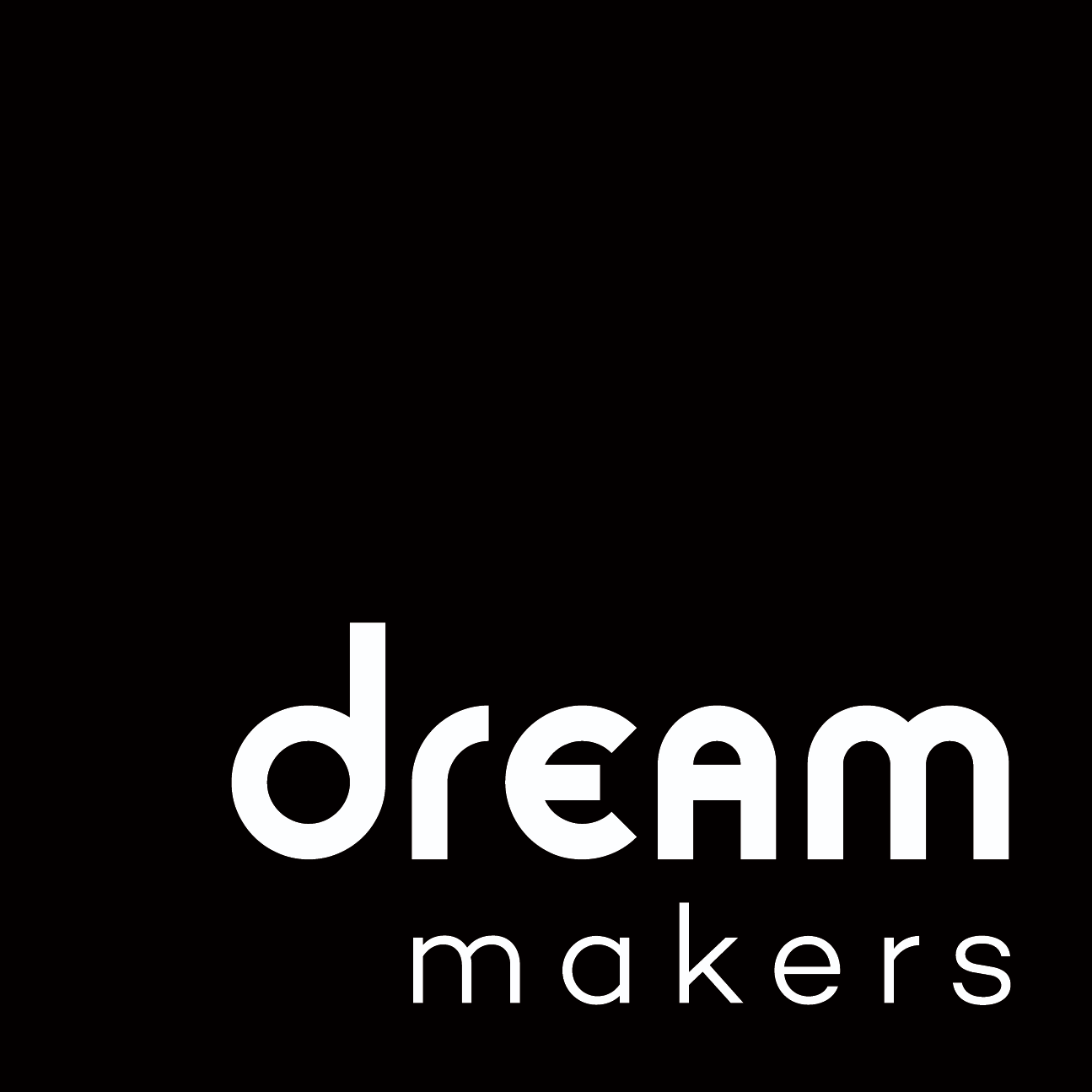
Dream Makers is on a mission to change the lives of youth who have aged out of foster care.
What does aging out mean?
Every single year, over 23,000 youth “age out” of the foster care system at the age of 18. Teens who were not reunited with their biological family and did not get adopted by another family are considered adults on their 18th birthday, expected to survive alone. As a result, these youth are more likely to experience behavioral, mental and physical health issues, housing problems and homelessness, employment and academic difficulties, early parenthood, incarceration, and other potentially lifelong adversities.
At Dream Makers, we have the privilege of seeing how meeting crisis needs and coming alongside these youth to fulfill their dreams can have a positive impact in their lives. When these youth receive support, they are reminded that they are seen, cared for, and that their stories matter.
Every act of care matters. If you want to know how to help foster kids, we invite you to consider the population of aged-out foster youth who don’t know where to turn.
The Statistics of Aging Out:
1 in 5 become homeless within a year.
50% of the homeless population are former foster youth.
60% of sex trafficking victims spent time in foster care.
71% of young women who age out become pregnant by 21.
At age 26, only half are employed.
One in four will become involved in the juvenile justice system within two years after leaving foster care.
Less than 3% of youth who have aged out of foster care earn a college degree. Despite all of the challenges, 70% of foster youth say that they would like to attend college one day.
25% of youth who age out deal with PTSD.
50% of former foster youth struggle with substance abuse.
Many of the problems plaguing our culture today: homelessness, sex trafficking, prison, and poverty, are symptoms of the statistics above. Our goal is to go upstream and help support aged-out foster youth so that they can thrive and succeed in their lives.
Together, we can remove the barriers standing in the way of these youth by supporting their financial stability, encouraging life skills, and developing job skills.


